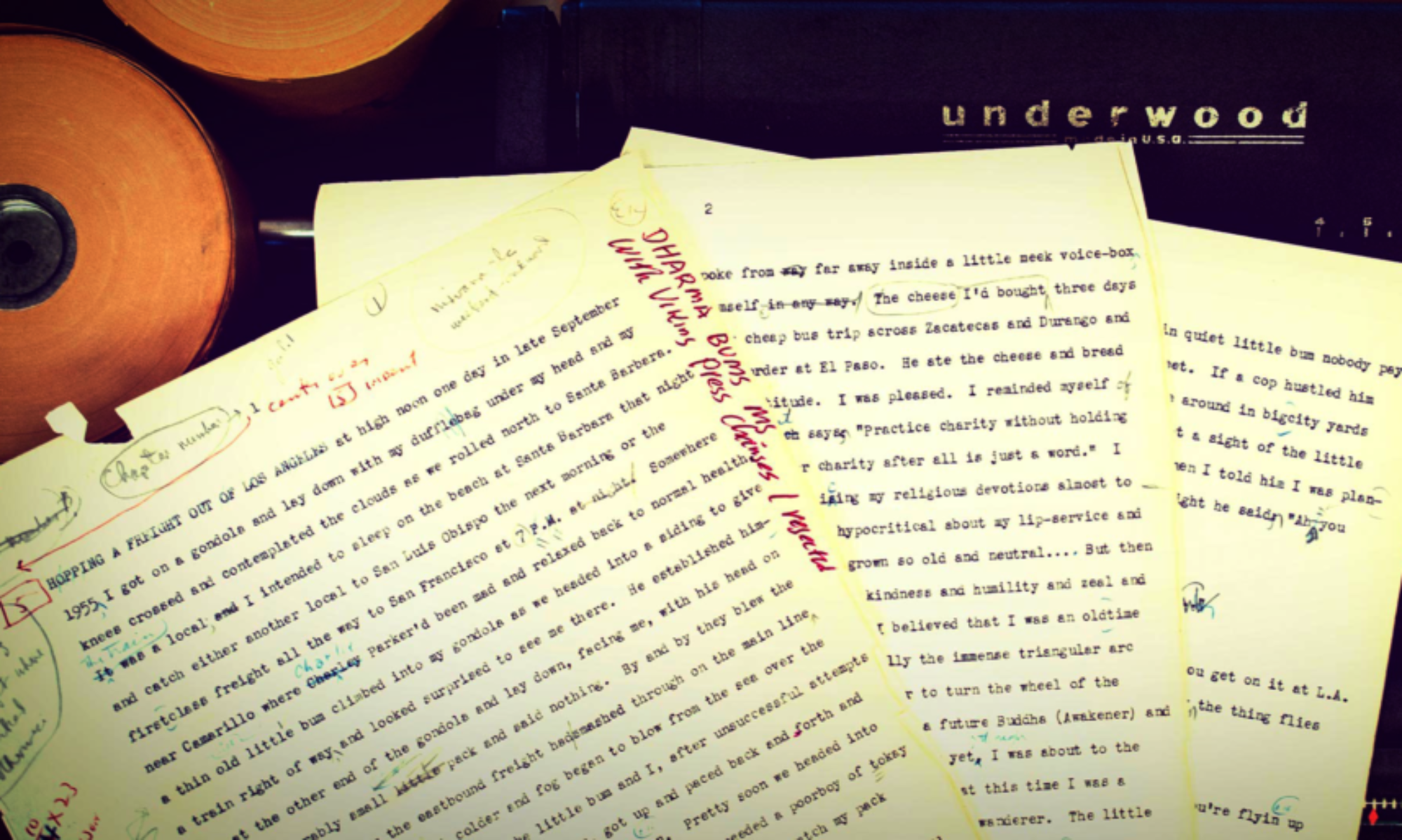The COVID-19 pandemic has disrupted social lives and caused chaos at every level of society. In these uncertain times, many members of the Emory community have turned to poetry to find comfort and direction. In order to elevate the supportive role that poetry can play in hard times, the English Department launched a Pandemic Poetry Initiative sharing poems to provide inspiration and solidarity to all of us who have been affected by the pandemic.
Professor Geraldine Higgins, who began the Initiative, was inspired to take action after “thinking about how or whether words could help.” The sharing of poetry among faculty and graduate students during the early days of the pandemic inspired Dr. Higgins to offer a new course on Pandemic Poetry. Undergraduate student and English major Kate Appel curates the Pandemic Poetry newsletters, which feature the chosen poems as well as an introductory reflection from the nominator. Appel says, “I believe that literature articulates complex emotions experienced in times of difficulty, providing comfort and clarity. On the other hand, I think literature challenges us to question our own role within crises, which can be unsettling but important.”
The original Pandemic Poetry series ended right before the eruption of protests against racism and police brutality in reaction to the tragic murder of George Floyd on May 25th, 2020. “The urgency of these protests and the demands to respond with action made me question the place of poetry in the current crisis,” Higgins writes. “But as the country began to address the nation’s history of racism including monuments, statues, flags, and names, I realized that poetry too has always understood its place as a maker of meaning.” After this realization, the department decided to launch a parallel poetry initiative focused on Black poetry in order to elevate Black perspectives during a time of significant social change.
The Black Poetry Initiative is curated by Prof. Jericho Brown and graduate student Ra’Niqua Lee. As Lee writes, “Black Poetry@Emory shares works that offer perspectives on the Black Lives Matter movement, national conversations on race, and their global connections. The point is to provide topical insight into our current moment, while also acknowledging and celebrating the diversity of Black experiences.”
These two initiatives share the purpose of emphasizing our shared experiences. As Higgins writes, “We turn to poetry in times of crisis because it offers not just consolation but complexity. Poetry is elevated language. It is also succinct. From nursery rhymes to ballads, and from epigraphs to epitaphs, poetry is written to be remembered. The language of poetry is much more than a verbal band-aid.” If you are interested in receiving the Black and Pandemic poetry newsletters, please send your name and email address to Kate Appel (kate [dot] appel [at] emory [dot] edu) or Ra’niqua Lee (ra’niqua [dot] lee [at] emory [dot] edu). Furthermore, if you have any suggestions or poetry recommendations, you can submit them here: https://forms.gle/75MbDymU5w82XPx66.

